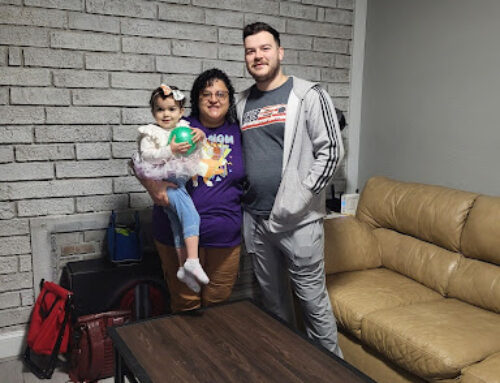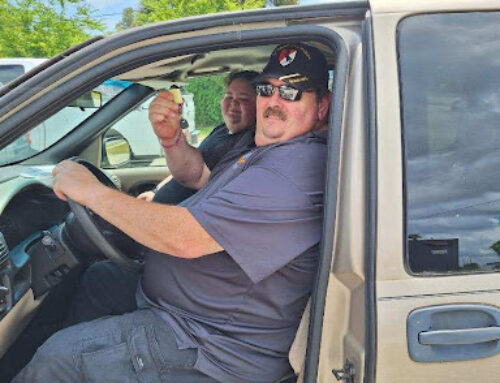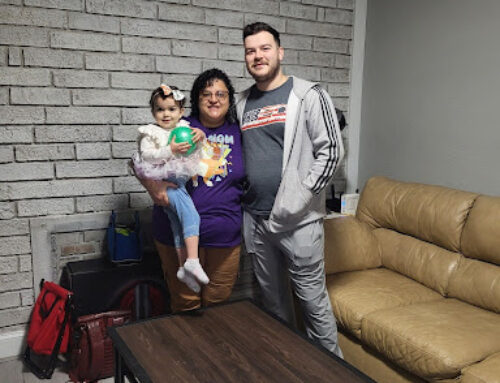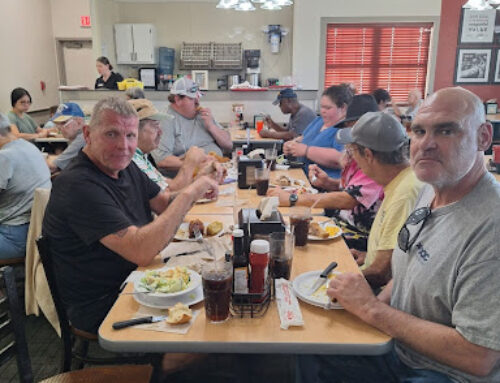The Impact of Military Service on Family Dynamics
The military family forms the backbone of any country’s defense system. Serving one’s country often entails personal sacrifice, with members of the military and their families enduring unique challenges and making significant contributions to ensure our national security. This article delves into the impact of military service on family dynamics, the support mechanisms in place, and the broader societal implications.
The Impact of Military Service on Family Dynamics
Military service can have a profound impact on family dynamics, influencing relationships, roles, and routines within the family unit. The unique demands and challenges of military life necessitate adaptability and resilience, which can lead to both positive and negative changes in family dynamics.
One of the most significant impacts of military service on family dynamics is the shift in roles and responsibilities during deployments. When a service member is deployed, the remaining spouse often has to take on the roles and responsibilities of both parents. This can lead to increased stress and strain as they juggle work, childcare, household chores, and other responsibilities. Children may also have to take on additional responsibilities, which can impact their emotional well-being and academic performance.
Military service can also influence the emotional dynamics within a family. The constant worry about the safety of the deployed family member can create a state of chronic stress and anxiety. This can affect the emotional climate of the family, leading to increased tension and conflict. Additionally, the emotional toll of repeated deployments can lead to feelings of detachment and disconnection, which can strain familial relationships.
On the other hand, military service can foster resilience and strengthen family bonds. Families often come together in the face of adversity, providing emotional support to each other during challenging times. The shared experience of navigating the demands of military life can create a strong sense of unity and cohesion within the family.
However, the transition from military to civilian life can disrupt family dynamics once again. Veterans may struggle with readjustment, which can affect their relationships with their spouses and children. They may also deal with physical or mental health issues resulting from their service, which can further strain family dynamics. Understanding these challenges and the support available is crucial in helping these families to successfully navigate their post-service lives.
The impact of military service on family dynamics is complex and multifaceted. It presents significant challenges, but also opportunities for growth and resilience. It is crucial for military families to have access to support and resources to help them navigate these changes and maintain healthy family dynamics.
Military Family Support Services: A Beacon of Hope
Despite the inherent challenges, there are many military family support services available. These services are designed to alleviate the stressors associated with military life, such as housing for military families, counseling, educational assistance, and financial aid.
Organizations like the VA provide supportive services for veteran families, and efforts by various nonprofits help families navigate complex military systems, providing resources and guidance in times of need.
Military service undeniably leaves an indelible mark on family dynamics. By offering comprehensive support services and fostering a greater societal understanding, we can better assist these families in their journey. After all, behind every uniform is a family sharing in the service and sacrifice.
As we continue to explore the impact of military service on family dynamics, it’s essential to remember that these brave families are integral to our national fabric. They exemplify resilience, sacrifice, and the true meaning of service. Let’s ensure they receive the understanding, respect, and support they so rightly deserve.
National Veterans Homeless Support seeks to eliminate homelessness among veterans in Central Florida and nationwide. NVHS takes a proactive, intervention-based approach to homelessness by meeting homeless veterans where they are and helping them from there. Through programs like Search and Rescue Outreach, NVHS helps homeless veterans get the supplies they need to survive, connects them with support and resources, and helps them transition off the streets and into temporary or permanent housing. Some of our programs also include art therapy to help veterans heal. If you’re able, consider supporting our mission by donating or signing on as a volunteer.
Frequently Asked Questions
What sort of challenges are faced by military families?
The families of deployed service members often have to take on additional responsibilities and roles at home, which can add to the stress and anxiety caused by worrying about the safety of their deployed family member.
Military families have to relocate regularly, moving all across the country and even internationally. This can be hard for the children of military families, as it makes it difficult to form long-term friendships. Differences in curriculum between states can also leave them struggling to catch up or far ahead of their classmates.
Frequently moving and taking on the role as sole caregiver also make it difficult for the spouses of service members to find employment. Military spouses have a 21% unemployment rate according to the Department of Labor, as opposed to the national unemployment rate which is 4.3% according to the Bureau of Labor.
What resources are available for military brats and spouses?
The US military offers career resources such as career coaching and a military spouse-exclusive job board to help military spouses find employment.
Military families also are covered by Tricare, which helps cover medical and mental health costs.
For younger children of military families, Sesame Street also provides age-appropriate resources to help families explain parts of military life like deployment.
For older children, 4-H has a program partnering with the military to help provide supportive places to encourage socialization and development. Military brats often struggle with feelings of isolation, because frequent relocation makes it difficult for them to establish social connections. Programs, like 4-H, can help alleviate this, and provide much needed support.
What resources are available for me and my family to help us adjust to post-service life?
The VA offers health, education, and career benefits for the children and spouses of veterans.
This includes career counseling, programs to help fund higher education, and mental health services. Your family may also be eligible for health care coverage through CHAMPVA and Tricare.
Contact NVHS to learn about more resources available for veterans and their families.





